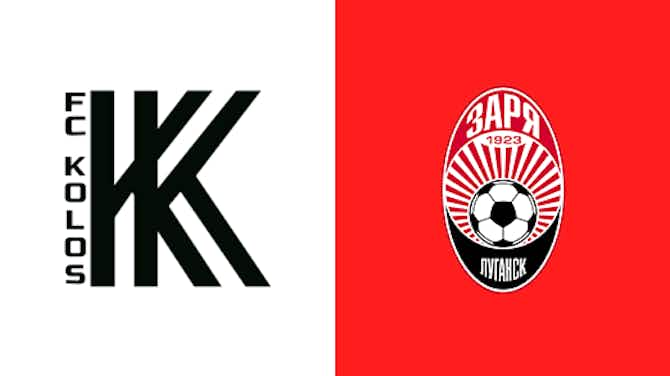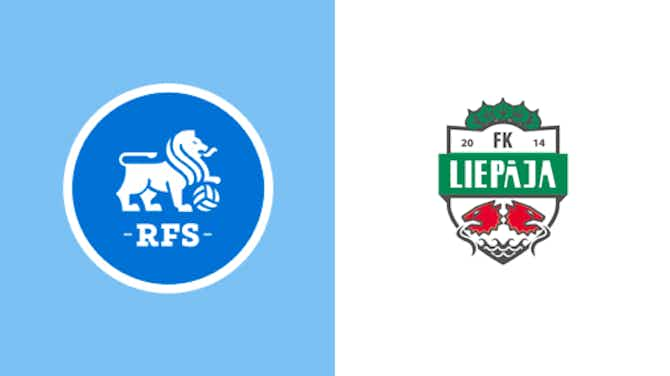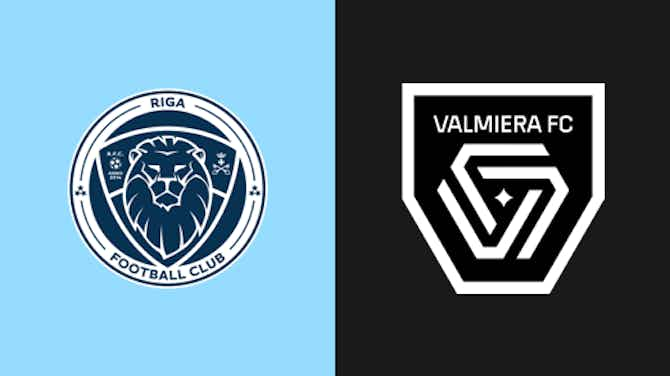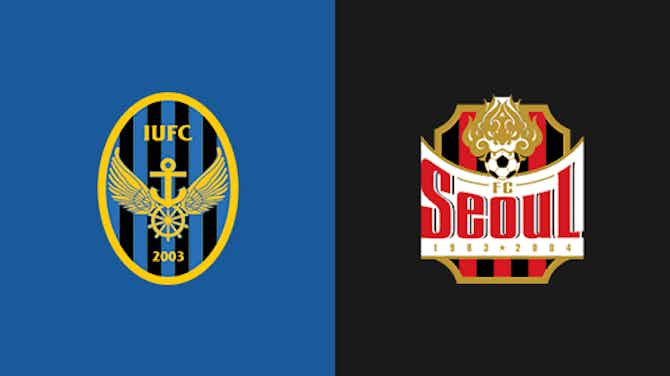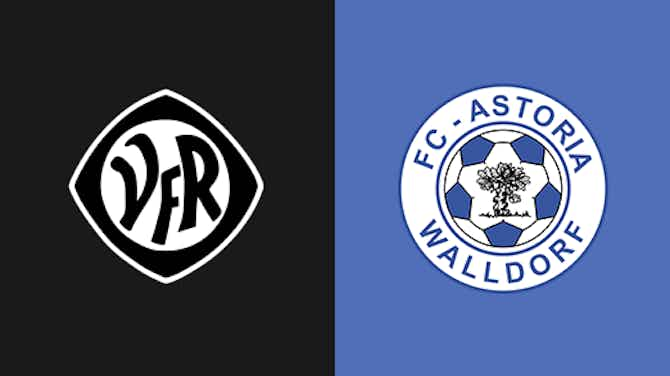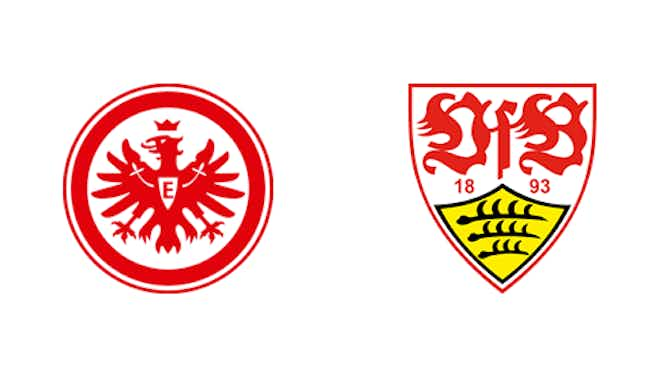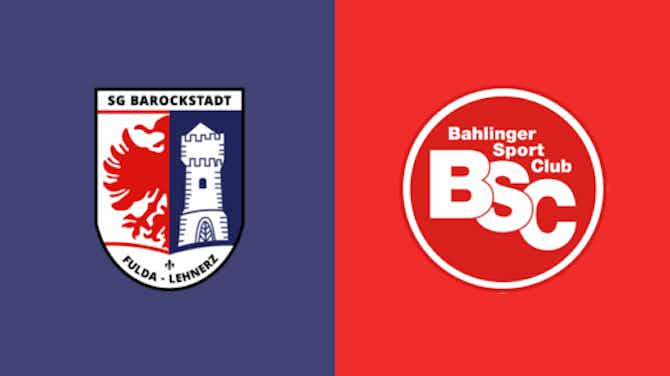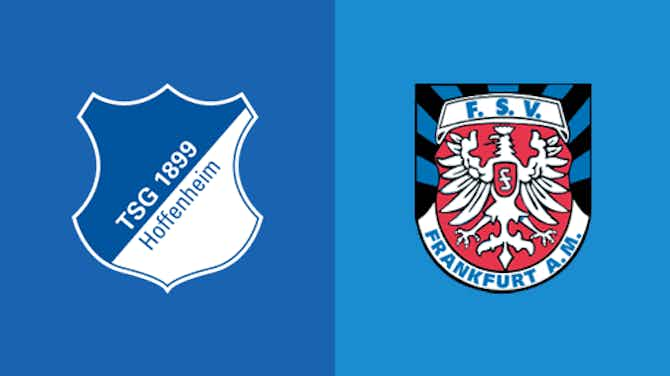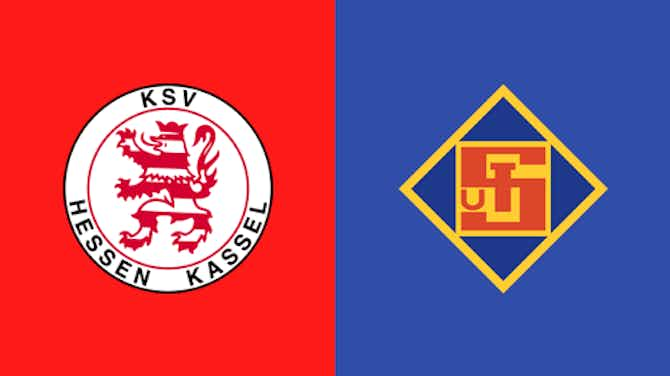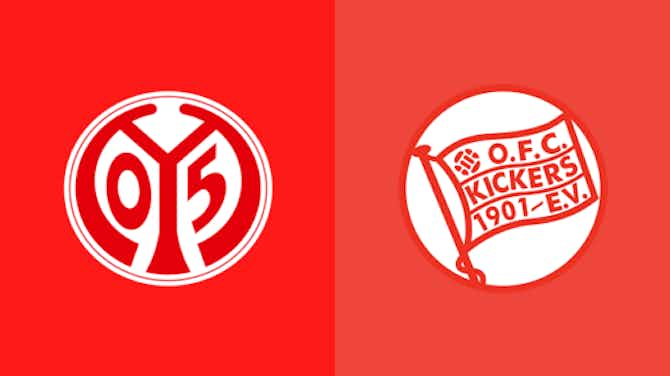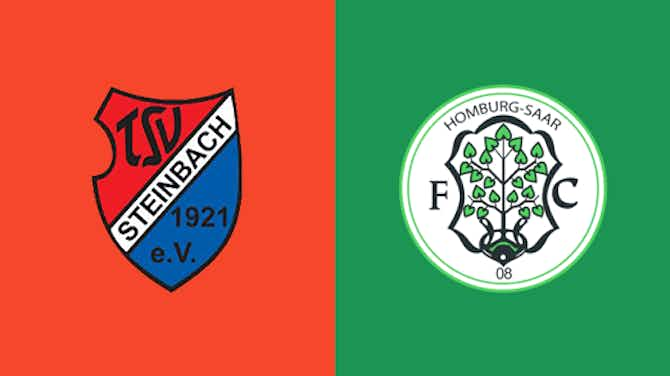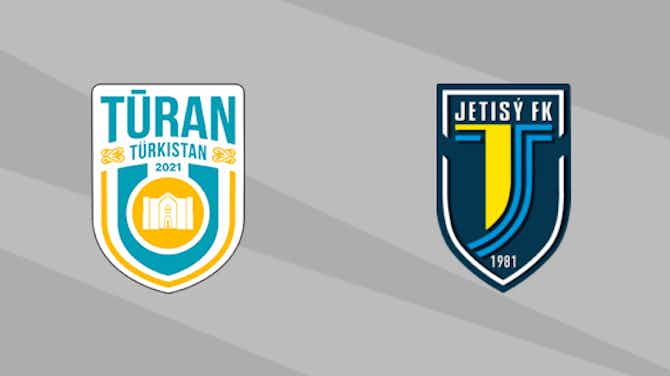OneFootball
Daniel Issroff·25 February 2022
Why French teams struggle in Europe
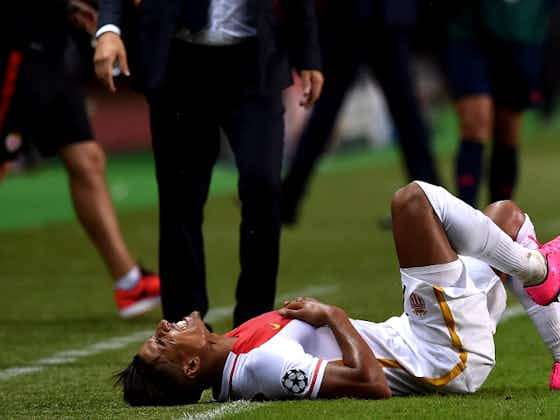
OneFootball
Daniel Issroff·25 February 2022

Seven men stood in the Crystal Palace wall as Dimitri Payet lined up a free-kick at Upton Park on Saturday. With all of the confidence of a man in the form of his life, Payet swaggered up to the ball and struck a laser-guided missile of a shot into the top corner. The goal was a triumph of technique, the product of years spent perfecting his craft in Europe’s most fertile football environment: France.
In this, Payet is not alone. Paul Pogba, Karim Benzema, Anthony Martial, Hugo Lloris, Antoine Griezmann and many, many more received their footballing education in France before moving abroad. France is currently the most well-represented country of origin in the Premier League with 36 players, as well as a number of other French products who have chosen to represent different national teams.
England is far from the only beneficiary of France’s production line. Across Europe, only Brazil exports a higher number of players than the 686 from France. By comparison, Spain only has 391 players in foreign European leagues.
Europe’s gain, however, is France’s loss. With Ligue 1’s best players constantly leaving it is no surprise that, Paris Saint-Germain apart, French clubs have struggled in European competition in recent years. In fact, France has not had a single European finalist since 2004, when Marseille and Monaco lost the Uefa Cup and Champions League finals, respectively.
The current season has been particularly alarming, with PSG the only French side to make it into the round of 16 in either Uefa tournament. This underperformance is reflected in the all-important UEFA coefficient standings, where France has now fallen behind Portugal and into sixth place.
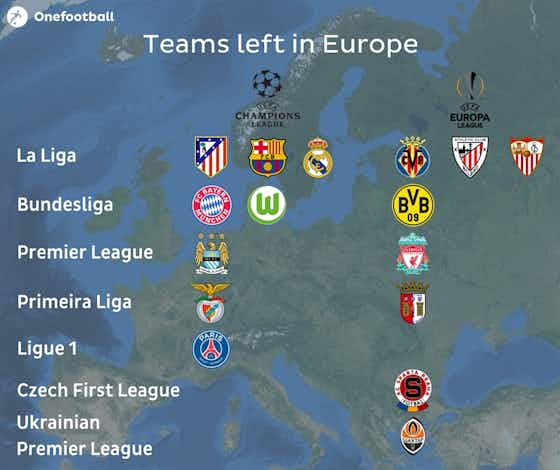
Given that France’s rise as a top exporter of footballers has coincided with a downturn in its European fortunes, it is clear that the exodus of talent is the major factor at play. Quite simply, clubs such as Marseille cannot compete with European rivals when they lose their best players every season.
The other reasons for France’s poor showing in Europe are less obvious. It is tempting to argue that French teams (PSG excluded) are not as wealthy as others on the continent and thus cannot afford good players. However, the poor showing of the wealthiest league in Europe (England) and the dominance of the third wealthiest (Spain) suggest that high wages and European success do not necessarily go hand in hand. Last season, for example, the two leagues with Europe’s highest wages (the Premier League and the Bundesliga) were significantly outperformed in the Uefa coefficient by the third and fourth highest spenders (La Liga and Serie A). Wages undoubtedly play a part but France’s dip below poorer Portugal in the coefficient rankings show that France’s troubles run deeper.
“France’s coefficient is not necessarily a reflection of the strength of the entire league, but rather an indication of how good PSG are.”
Part of the blame lies with the only French club immune to the ongoing talent drain: PSG. With virtually unlimited resources and strong European ambitions, PSG have made the quarter-finals of the Champions League for the past three years and are genuine contenders for this year’s title.
Paradoxically, however, PSG’s Champions League success is hurting the overall performance of French clubs in Europe. Paris’s impressive results are artificially inflating France’s position in UEFA’s coefficient rankings. Without PSG, Ligue 1 would fall to eighth position in the chart, losing a Champions League place in the process.
France’s current coefficient is therefore not necessarily a reflection of the strength of the entire league but rather an indication of how good PSG are. As a consequence, France receives more European spots than it deserves. The fact that the third place team in Ligue 1 has been knocked out in the Champions League qualifying rounds for the past three seasons proves the point.
If France suffers from a huge drop off in quality after PSG and perhaps Monaco, it is important to note that the rest of Ligue 1 is extremely even. Only 19 points separate Lyon in third from Ajaccio in 18th, by far the smallest such gap of any top flight in Europe with a comparable number of teams. Such competitive balance is actually detrimental to the overall performance of French clubs in Europe. Places three through six in the table are occupied by different teams almost every year. Just in the past five seasons, 12 different French clubs have qualified for Europe.
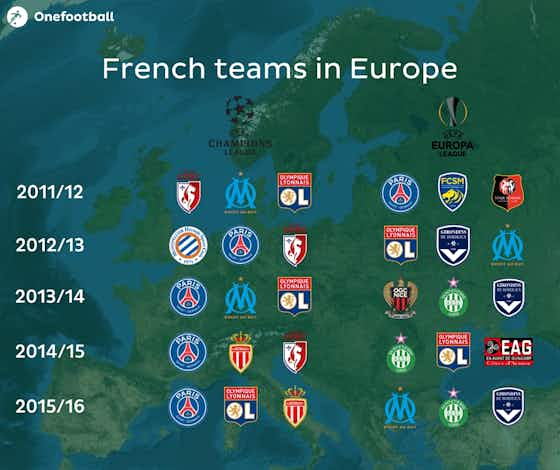
The result is that French participation in Europe becomes a revolving door, with new teams experiencing the Europa League in particular every season. It is no secret that thriving in Europe requires a level of squad depth and experience that can only come from regularly playing in European competition.
Spanish sides have dominated in Europe for the past decade, winning five Champions Leagues and six Uefa Cups/Europa Leagues since 2005. That they have done so with the same core group of clubs (Atlético, Barcelona, Madrid, Sevilla, Valencia and Villarreal) shows that there is a clear correlation between European experience and European success. Until French clubs build a genuine European pedigree, they will continue to struggle.
Ultimately, there is very little that French clubs themselves can do to improve their standing in European competition. Of course, some can be better run than they are but they are powerless against the forces of globalisation that have shifted the dynamics of world football. Football is like any other industry in the modern economy: some countries are destined to be producers rather than consumers.
The French can take some solace in the fact that the quality of their player development may well deliver them a European title at the international level during this summer’s Euros, which unlike many of their players, will be based in France.
Download the Onefootball app here
